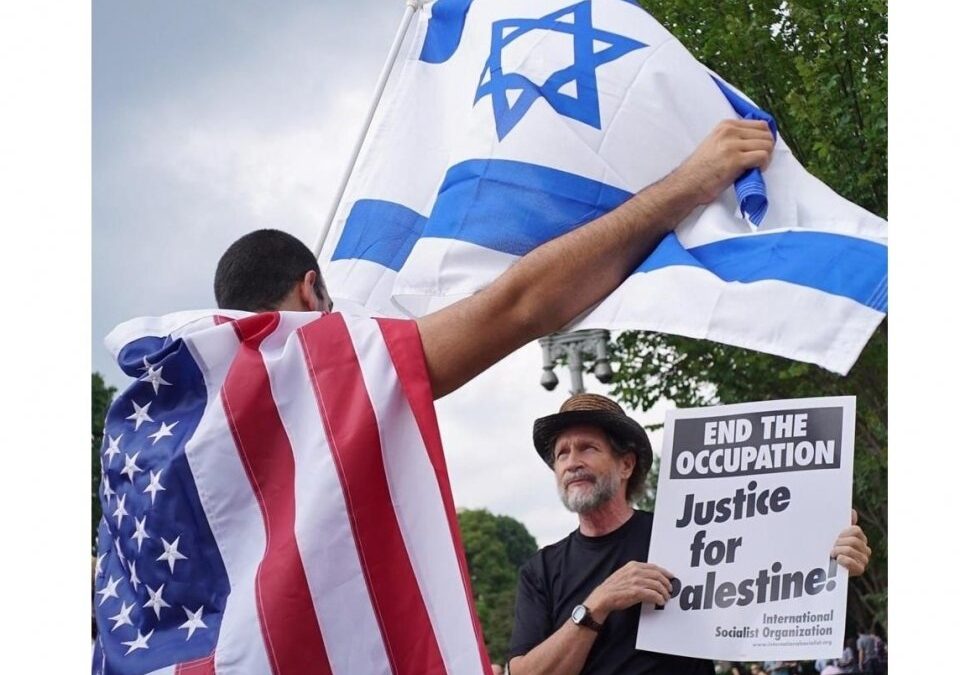Each week we let Saint Pope John Paul II share meaningful signposts to spark socio-economic resolves through justice and righteousness combined with mercy and compassion; in short, love
Eurasia University conveys the particular mission which it has in common with your great nation. Kazakhstan is a point of contact between Europe and Asia. Thus, the University’s mission links two continents, their respective cultures and traditions, and the different ethnic groups that have mingled here through the centuries.
Indeed, yours is a country in which the world can see accord and harmony between different peoples to live together in peace, mutual knowledge and openness, an ever more profound discovery and appreciation of the distinctive traditions of each people.
Kazakhstan is a land of encounter, exchange, and newness. This land stirs in everyone the desire for discoveries and makes it possible to experience difference not as a threat but as an enrichment.
To all of you, I say as a friend: peace be with you, may peace fill your hearts!
Know that you are called to be the builders of a better world.
Be peace-makers because a society solidly based on peace is a society with a future.
You are a thought of God; you are a heart-beat of God. To say this is like saying that you have a value which in a sense is infinite, that you matter to God in your utterly unique individuality.
I am happy to meet you, the descendants of the noble Kazakh people, proud of your indomitable yearning for freedom, which is as limitless as the steppe where you were born.
You come from different backgrounds, in which suffering played a big part.
Here you sit side by side, in a spirit of friendship, not because you have forgotten the evil there has been in your history, but because you are rightly more interested in the good that you can build together.
_________________________
To Dignify or To Destroy
By Abraham A. van Kempen
Source: The Times of Israel
Let’s Change the Way America Thinks About Israel-Palestine
That’s my mission. Going against the current! Diving into the deepest storm! Keeping my head above the rolling waves while whirling in clashing swirls to channel American Evangelicals back gently but firmly into the fullness of Christianity!
So, what’s my mission?
Nothing short of helping to change the way America thinks about Israel-Palestine; and, resuming my training to cross the Dead Sea in 2020, from Jordan to Israel, swimming on my back at age 70 when the time is ripe. Because … when the Palestinians are freed, so are we.
Read more: To Dignify or To Destroy
_________________________
John Paul II continues: There is no true reconciliation that does not lead to generously shared commitment. Realize that each one of you is of unique worth, and be ready to accept one another with your respective convictions as you search together for the fullness of truth.
Your country has experienced the deadly violence of ideology. Do not let yourselves fall prey now to the no less destructive violence of “emptiness.”
What a suffocating void it is when nothing matters in life when you believe in nothing! Emptiness is the negation of the infinite, which your steppe-land powerfully evokes: it is the opposite of that Infinity for which the human heart has an irresistible longing.
In your beautiful Kazakh language, “I love you” is “men senen jaskè korejmen,” which can be translated as “I look upon you well, my gaze upon you is good.”
Human love, but more fundamentally still God’s love for humanity and creation, stems from a loving gaze, a gaze that helps us see the good and leads us to do what is good: “God saw everything he had made, and he found it very good” (Genesis 1: 31).
Such a gaze allows us to see all that is positive in things and leads us to ponder far beneath the surface the beauty and richness of every human being we meet.
Spontaneously we ask ourselves: “What is it that constitutes the beauty and greatness of the human person?”
Here is the answer I give you: what makes a human being great is the stamp of God which each of us bears.
According to the Bible, a human being is created “in the image and likeness of God” (Genesis 1: 26). This is why the human heart is never satisfied: it wants more and better. It wants everything. No finite reality meets or placates its longing. Saint Augustine, one of the early Church Fathers, wrote: “You have made us for yourself, O Lord, and our hearts are restless until they rest in you” (Confessions, 1,1). Is it not perhaps the same intuition that prompts the question which your great thinker and poet Ahmed Jassavi repeats several times in his poems: “What is life’s point if not to be given, and given to the Most High God?”
In giving life to man, God entrusts to him a task and awaits his response. Therefore, to declare that the purpose of human life, with all its experiences, its joys, and sorrows, is that it be “given to the Most High God” in no way diminishes or denies our life. Instead, it is an assertion of the supreme dignity of the human person: made in the image and likeness of God, men and women are called to cooperate in transmitting life and ruling over creation (Genesis 1: 26-28).
God has thought of you and given you life. He loves you personally, and he entrusts the world to you. It is he who stirs in you the thirst for freedom and the desire for knowledge.
There is a growing conviction that we cannot go on living divided as we are. So I urge you to work for a more united world and do so in your everyday life, bringing to the task the creative contribution of a heart renewed.
Excerpted from:


Recent Comments